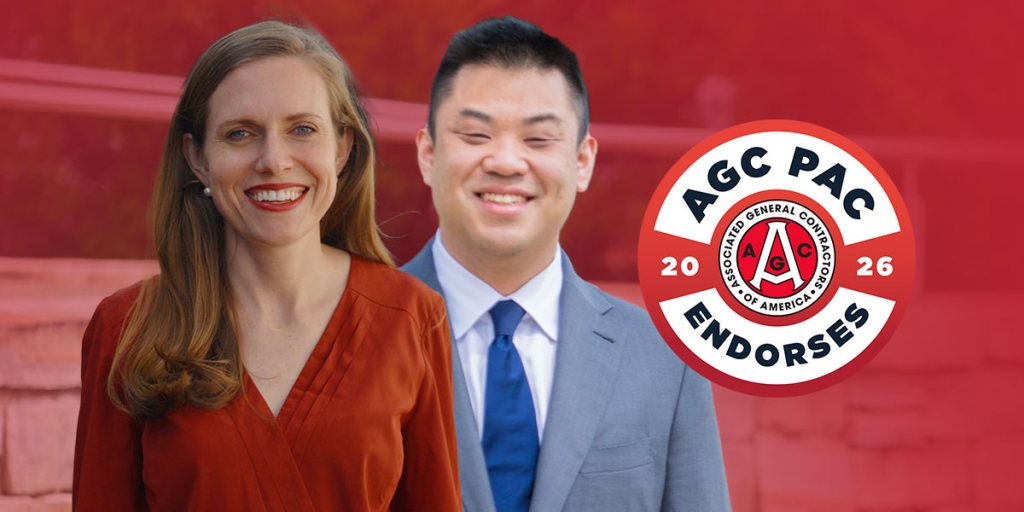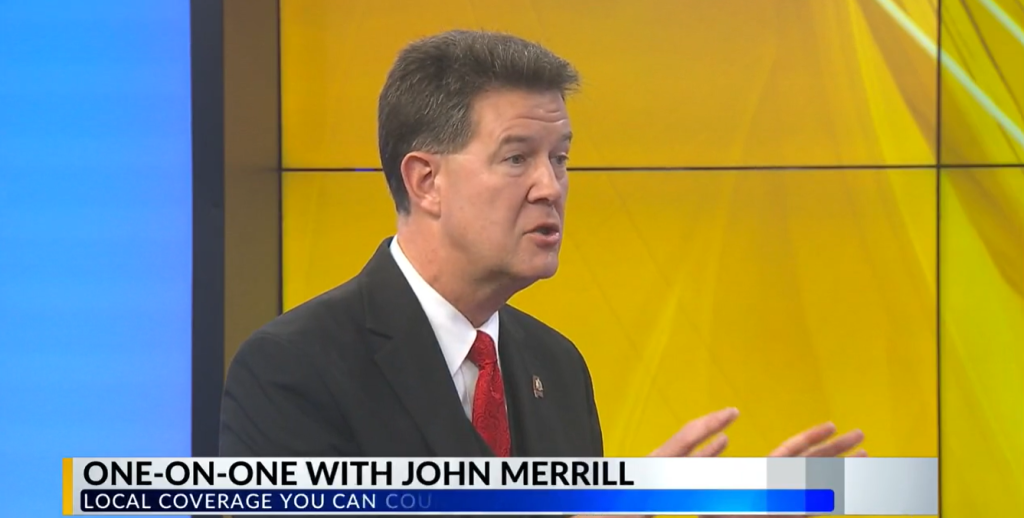
MONTGOMERY, Ala. — Amendment One on Tuesday’s statewide ballot says that it authorizes the Alabama legislature to provide a “retirement program” for new District Attorneys and Circuit Clerks. The text of statewide Amendment One will appear on the ballot as:
Proposing an amendment to the Constitution of Alabama of 1901, to authorize the legislature to provide a retirement program for district attorneys and circuit clerks of the state who are first elected or appointed on or after November 8, 2016.
But State Auditor Jim Zeigler says that description is incredibly misleading.
Zeigler says that, in reality, Amendment One would abolish a pension program the officials already have, to which they make no contributions from their pay. It would replace that “supernumerary” system with a retirement structure similar to other state employees by requiring them to make contributions from their paychecks.
In a press release, Zeigler said “the inaccurate wording is likely to get Amendment One defeated when it would actually save millions for Alabama taxpayers.” The auditor says his figures show Amendment One would save taxpayers $291,000 a year, starting immediately. That figure would grow to $8.4 million a year in 30 years.
To Zeigler, the wording is critical, as he understands the willingness of state voters to oppose any new government benefits program when budgets already cause the legislature to go to special sessions.
“Citizens are against giving a new pension or any other benefit to politicians at this time. Because the wording says that a retirement is ‘provided’ to these officials, it could draw a no vote. This is the fault of the so-called ‘Fair Ballot Commission’ that writes the language appearing on ballots in proposed constitutional amendments.”
The 15-member commission includes the governor, lieutenant governor, speaker of the House of Representatives, secretary of state and commissioner of Agriculture and Industries, or their designees. Each appoints to the commission one attorney and one private citizen who is not an attorney.
“The Fair Ballot Commission should all be fired. They did a horrible job. This proposal reads like they took Common Core grammar. The wording is almost opposite of what the amendment would actually do,” he wrote.
Mr. Zeigler appears to be misinformed, however, about the Fair Ballot Commission’s role in the process. When the legislature passes a bill for a constitutional amendment to be put on the ballot, that bill includes the exact language that will go on the ballot. The Fair Ballot Commission then produces an independent analysis of what the amendment will do, but does not have any role in crafting the ballot language.
Nonetheless, Mr. Zeigler says he is currently working on a solution to prevent this issue from occurring in the future.
“I am coming with legislation to abolish the Fair Ballot Commission and turn the wording of ballot propositions over to the State Auditor — an elected, constitutional, statewide official. I can write the measure accurately in 30 minutes, costing taxpayers nothing. I will do this for free,” Zeigler said.
“I will cast a ‘Yes’ vote on Amendment One, which is the conservative, waste-cutting thing to do,” he said. On his Facebook page, Zeigler calls himself “Waste Cutter.”
According to an analysis performed by the Alabama Policy Institute, Alabama’s Judicial Retirement Fund is currently only 58% funded. Alabama taxpayers contributed $15.5 million to the plan in 2015 and will contribute an estimated $18.4 million in 2016.
Their research shows that passage of Amendment One will place the Judicial Retirement Fund on a more stable financial trajectory. It is expected to save the state between $10-15 million annually.
(Note: This article has been updated to clarify the role of the Fair Ballot Commission in the constitutional amendment process.)












